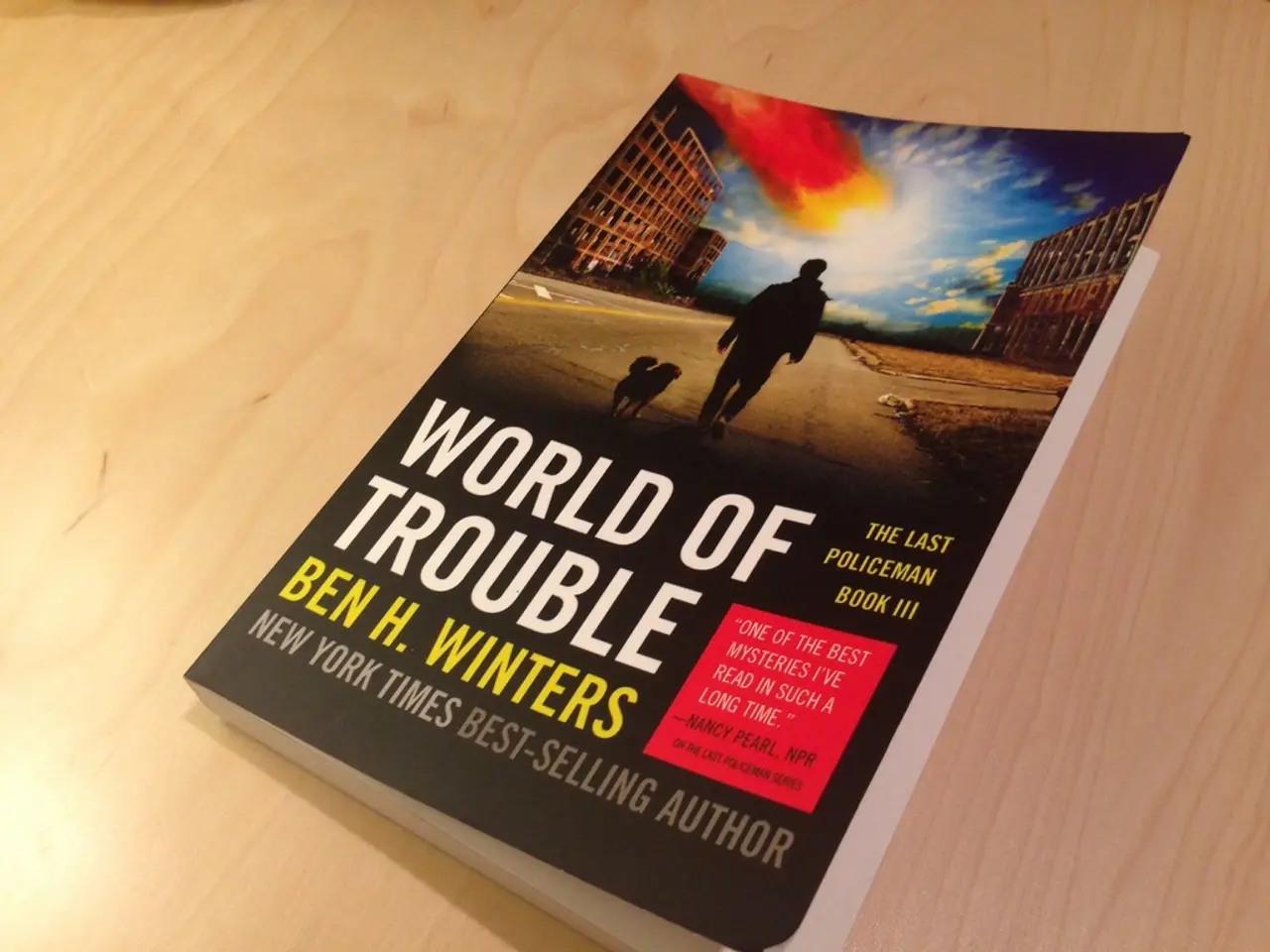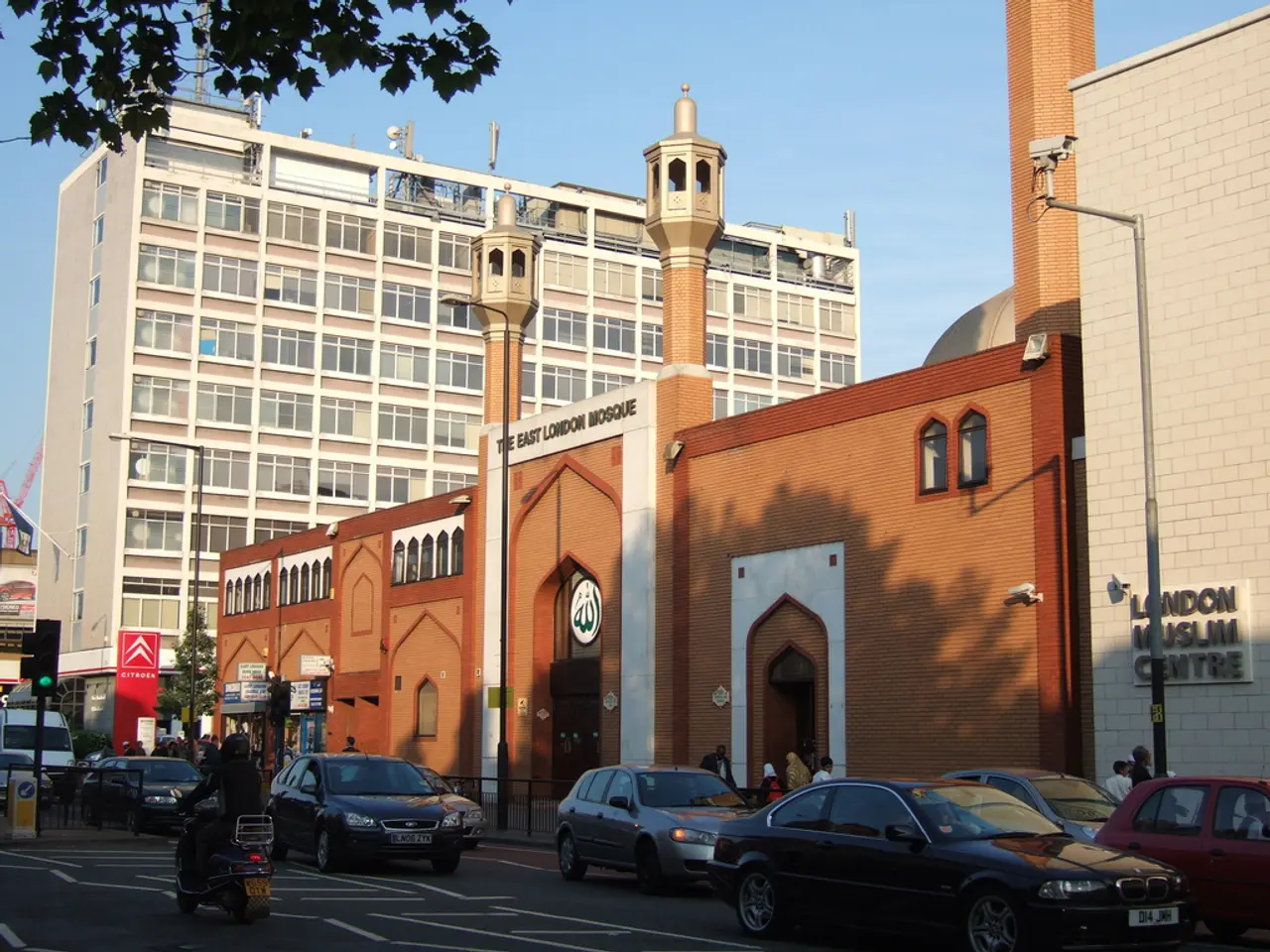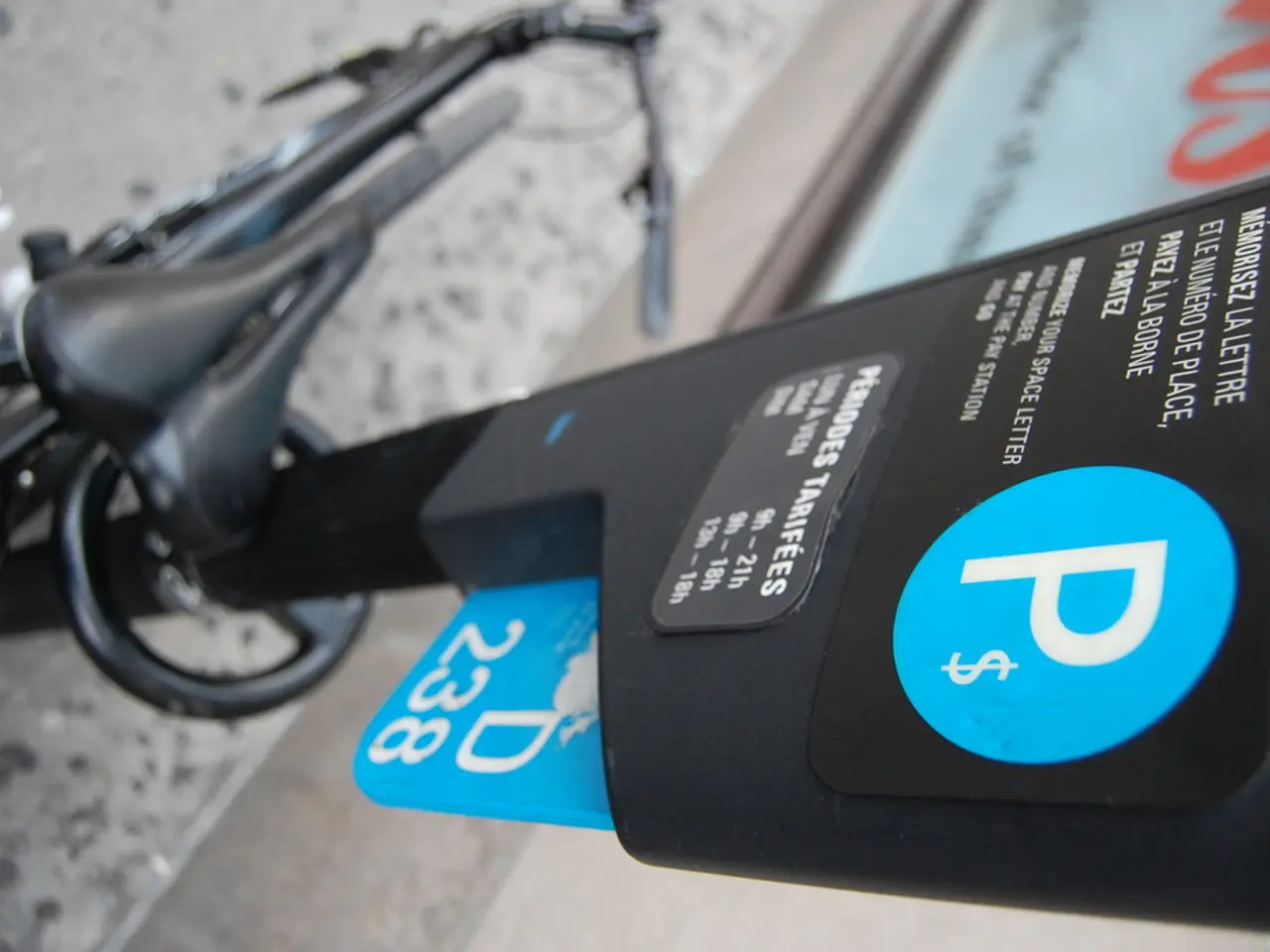Bolivia's President Arce issues grave financial warning, suggesting imminent national insolvency. - Bolivian President Issues Grave Financial Collapse Alert for the Nation
Stay chill, but let's face the facts.
Bolivia's foreign debt stands at an staggering $13.3 billion (€11.6 billion), accounting for a whopping 37% of the nation's gross national income. Key creditors rope in the likes of the Inter-American Development Bank, South American Development Bank CAF, the World Bank, and China.
"We're on a downward spiral," says President Arce, who's held the reins since 2020. Traditionally, new loans would have eased the burden of past repayments, but that needed lifeline is MIA.
So far, Arce's plea for $1.8 billion (€1.6 billion) in fresh loans from international institutions hasn't convinced Bolivia's parliament. By December, the nation requires approximately $2.6 billion (€2.3 billion) for fuel imports and to settle pending debts.
The nation's economic woes are as plain as the nose on your face, with a major shortage of foreign currency, fuel, and basic essentials. May's inflation rate tipped the scale at 18.4 percent year-on-year — the highest level in close to 20 years. The currency hasn't fared any better, either.
Despite a barrage of criticism, Arce, from the Movement for Socialism (MAS) party, has held onto his post, but he announced he won't vie for re-election in the upcoming August election. The Latinobarómetro polling institute puts Arce's approval ratings at a rock-bottom nine percent, one of the lowest in South America.
- Luis Arce
- Economic Collapse
- Bolivia
- Financial Crisis
- World Bank
- La Paz
- Protests
- CAF
- China
Behind the Backdrop
Bolivia's economic downturn has sparked widespread protests against Arce's government. Public discontent has escalated into violence, as demonstrators blame Arce for the deteriorating conditions and demand his resignation. The economic strain has further exacerbated Bolivia's political turmoil, as former President Evo Morales' supporters continue to push for his reinstatement in the electoral process.
Causes of Bolivia's Economic Turmoil
- Foreign Currency Shortage: Bolivia's dire lack of foreign currency, critical for imports and stabilizing the economy, has led to dramatic rises in the prices of essential goods and fuel.
- Political Instability and Electoral Conflict: Political instability stemming from former President Evo Morales and his supporters' demands for his reinstatement have resulted in road blockades and clashes, adding fuel to the economic fire.
- Protests and Social Unrest: Frequent demonstrations by multiple groups, including transport workers and retailers, highlight the citizenry's displeasure with the government's economic policies.
Role of International Lenders
Although details on Bolivia's financial relations with international lenders such as the World Bank, CAF, and China are scarce, the context usually revolves around the nation's reliance on external financing. These lenders supply development loans and financial aid for infrastructure and social projects. However, these loans can boost the debt burden and restrict government spending during economic slumps.
- The World Bank and CAF offer development loans and financial assistance. Their aid may strain Bolivia's finances, necessitating fiscal discipline, which can cramp government spending as the economy falters.
- China has also emerged as a significant lender and investor in Latin America, offering loans and infrastructure investments. However, debt to China presents a double-edged sword: it aids development while potentially making debt sustainability an issue if economic growth fails to keep pace with loan repayments.
President Arce's ominous warning of potential financial collapse underscores a risky scenario. The government may default if it fails to service its debts or cannot sustain foreign currency inflows, threatening public services and economic stability. This situation is often likened to Brazil's President Lula's comment about a global financial system acting as a "Marshall Plan in reverse," in which poorer nations like Bolivia end up financing richer ones through debt, driving their fiscal collapses.
- President Arce's ominous warning of a potential financial collapse in Bolivia highlights the critical role of various international lenders, including the World Bank, CAF, and China, whose development loans and financial assistance could strain Bolivia's finances and potential default risks.
- The economic turmoil in Bolivia, marked by widespread protests, political instability, and inflation, has raised concerns about employment policies and the nation's business sector, as well as the impact of government financial policies on the overall community structure.






